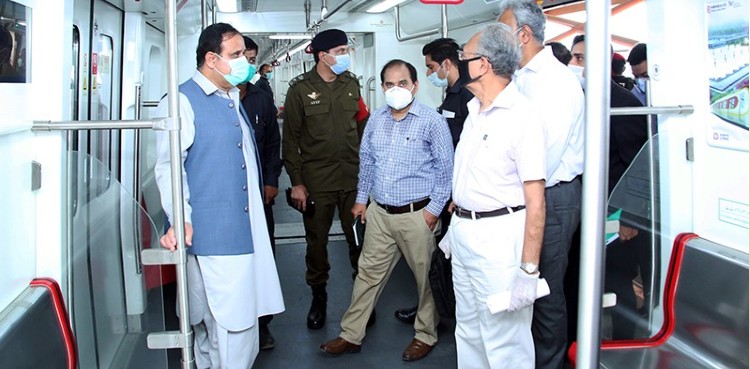The World Bank has warned that the uncertainty surrounding elections may hamper foreign investment in South Asian countries including Pakistan while maintaining that the country’s GDP growth projections stand at 1.7% for the ongoing fiscal and 2.4% for the next one.
“In a number of SAR economies (Bangladesh, Bhutan, India, Maldives, and Pakistan), parliamentary or national assembly elections are scheduled or planned in 2024. The heightened uncertainty around these elections could dampen activity in the private sector, including foreign investment. If combined with political or social unrest and elevated violence, this could further disrupt and weaken economic growth,” it was stated in the Global Economic Report released by the World Bank.
The lender has also warned that countries with weak fiscal positions could further their macro-fiscal vulnerabilities due to an increase in spending ahead of the elections. However, it explained that the implementation of policies to reduce uncertainty and strengthen growth potential post-elections may improve the situation.
On Pakistan’s economic outlook for the ongoing fiscal year, the bank stated it remains subdued with growth to stay at 1.7%. It also foresees monetary policy to remain tight to contain inflation, while fiscal policy is also set to be contractionary, reflecting pressures from high debt-service payments.
Weak confidence stemming from political turmoil will contribute to the slow growth in private demand. As inflationary pressure eases, growth is expected to pick up to 2.4% in FY2024/25.
As poorer households spend more on food, rising food prices would disproportionately affect the poor and the vulnerable, resulting in higher poverty and inequality.
The risk is particularly high in countries with limited fiscal buffers to mitigate adverse effects, including Nepal and Pakistan, and in countries under major security threats, including Afghanistan. In addition, an increase in food insecurity could be exacerbated by the escalation of the ongoing conflict in the Middle East.
External and fiscal financing needs are elevated in several SAR economies, including Maldives, Pakistan, and Sri Lanka, increasing vulnerabilities to financial market disruptions.

















































